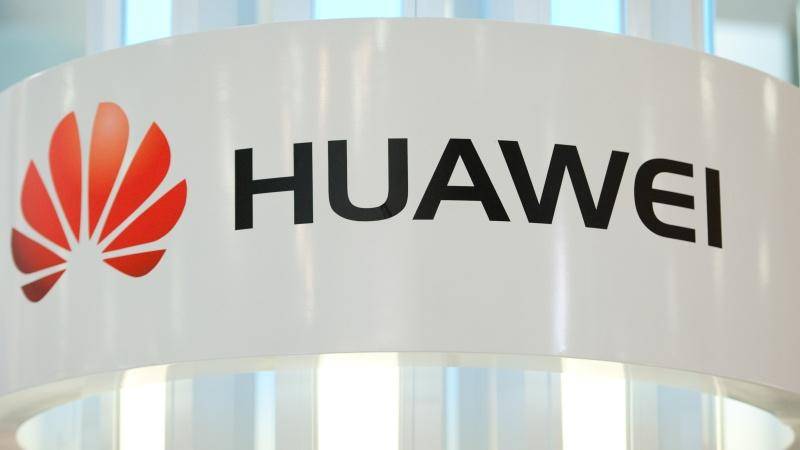
With Apple and Samsung still in the expected slowdown in terms of growth in the global smartphone market, other players now have the opportunity to get closer or even overtake them. Chinese OEM Huawei says they’re up for the job, and in fact, Richard Yu, the head of their consumer-electronics business, says they want to become the number one smartphone maker within the next 5 years. While they have been growing exponentially over the past five years, there are several challenges they would have to overcome along the way.
Domestically, Huawei and the other smartphone makers have also been experiencing a slowdown in sales, and so to be able to overtake Apple and Samsung, they would have to focus on reaching and expanding their global market. Currently, their market share is still at 8.3%, behind Samsung’s 23% and Apple’s 15%. But in terms of sales volume, they’ve increased 59% from last year as compared to Samsung that didn’t change much and Apple which declined 14%.
They are now focusing on the high-end smartphone segment, like its newest flagship device, the Huawei P9 which has a dual-camera lens, developed with Leica Camera AG and they expect to collaborate with the German company in the next five years. Huawei is also expected to come out with a VR-compatible smartphone later this year, and this is part of their partnership with Google and its VR software platform. They have also been investing a huge chunk of money into beefing up its patent portfolio, spending $9.2 billion into research and development.
But in terms of the US market, which of course is one of the largest markets in the world, there are challenges. Their telecom networking equipment has actually been practically banned in the country since 2012 as there were concerns that Beijing could use the to spy on American citizens. But Mr. Yu says that this shouldn’t affect their efforts in selling smartphones to ordinary citizens. In fact, they’re now in negotiations to have Huawei smartphones sold through US carriers. Let’s see in the next five years if they will be able to achieve their goals.
VIA: Wall Street Journal









